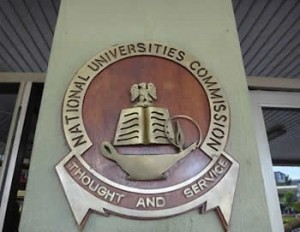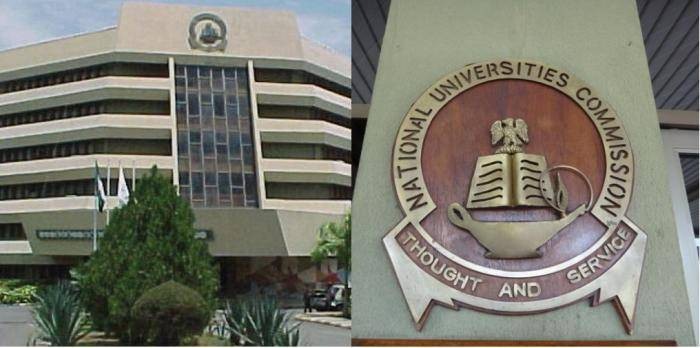
The National Universities Commission (NUC) on Thursday said it would collaborate with the Committee of Heads of Petroleum Engineering Departments (CHPED) in Nigerian universities to streamline Petroleum Engineering Studies.
The Executive Secretary of the Commission, Prof. Julius Okojie, made the plan known in Abuja when a delegation from CHPED paid him a courtesy visit in his office.
Okojie said the partnership was necessary due to the concerned increase in the number of unemployed graduates of Petroleum Engineering from the Nigerian University System (NUS).
“There are limited job opportunities in the oil and gas sector; therefore, streamlining the study of Petroleum Engineering studies will check the number of students enrolled in the programme, ‘’he said.
Okojie urged the committee to carry out a census of the Petroleum Engineering programme, identify its challenges and assess the quality of its graduates.
Similar Posts:
He said the committee should assess their impact on the society and economy and advise the commission on the way forward.
“The committee would advise us if it will be necessary to place a moratorium on the programme or create a new department.
“The commission will also collaborate with professional bodies in ensuring the quality of programmes in the system, “ he said.
Okojie said CHPED and NUC could work on a Memorandum of Understanding on the determination of quota for Petroleum Engineering.
He commended the relationship between NUC and professional bodies in ensuring quality in the system, adding that the future of any country depended largely on the quality of its education system.
Prof. Godwin Chukwu, the leader of the delegation and Chairman, CHPED, said the committee had carried out an analysis of Petroleum Engineering in the university system.
Chukwu said this would ascertain the Strengths, Weaknesses, Opportunities and Threats of the programme.
He said the analysis had shown that there was a rise in the number of students enrolled in the programme with the result that quotas had been exceeded.
Chukwu said the development had made it difficult for lecturers to cope with the rising number of students.
Chukwu said that Petroleum Engineering was a specialised but not a traditional engineering programme like some other engineering courses.
He called on admission regulatory agencies, such as NUC and Joint Admissions and Matriculation Board to help control student enrolment into the programme. (NAN)




